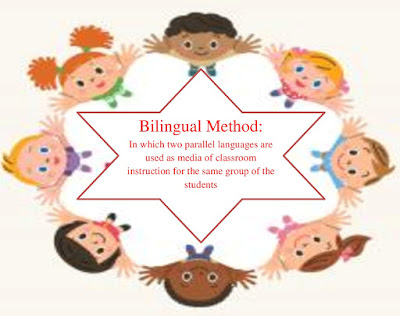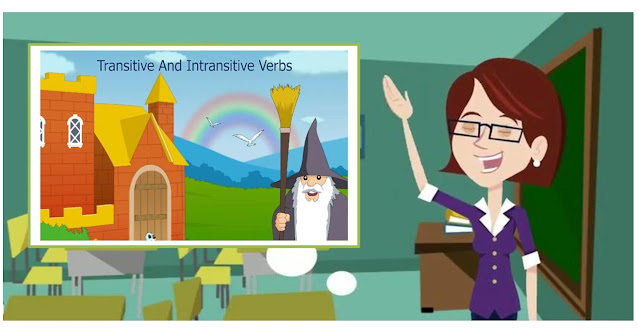The Silent way (Language Teaching Approach)(Advantages / Disadvantages)

The Silent way (Language Teaching Approach) (Advantages / Disadvantages) Although people have learned languages through the Spoken-Language Method, and in fact is still widely practiced today, the idea that learning a language means forming a set of habits was seriously questioned in the early 1960s. Cognitive psychologists and trans-formative productive linguists argue that language learning does not occur through imitation; People cannot learn a language simply by repeating what was spoken around them, because they can create words they have never heard before. These psychologists and linguists claim to have created rules that allow speakers to understand and create new expressions. Therefore, language should be considered not as a product of habit formation, but as a product of rule formation. Accordingly, language acquisition should be a procedure in which people use their own thinking processes or cognition to discover the rules of the language they acquire. The emp...


